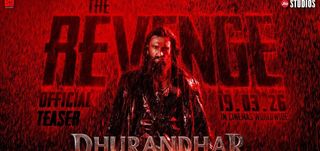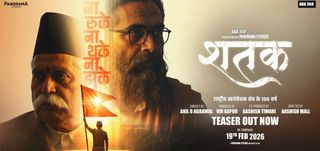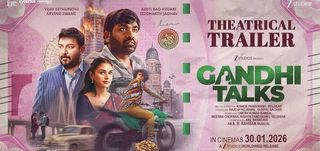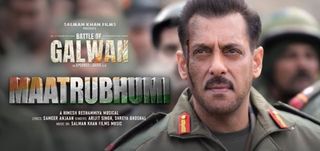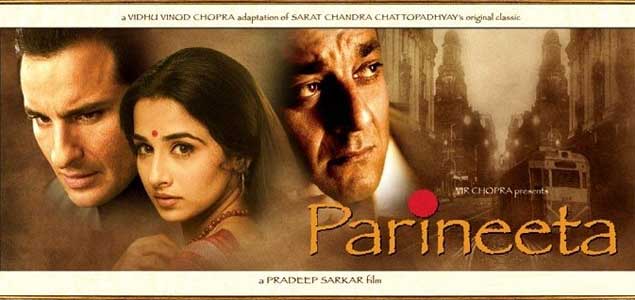
Parineeta Movie Review
There's no getting away from "Devdas" in this new fascinating, absorbing and largely sensitive rendering of Bengali litterateur Saratchandra Chattopadhyay's study of the male ego and its tragic repercussion on matters of the heart, set within a feudal backdrop.
Debutant Pradeep Sarkar's adaptation of the complex original material is as far removed from Bimal Roy's "Parineeta" as Sanjay Leela Bhansali's "Devdas" was from Bimal Roy's earlier classic.
Literary classics are open to interpretation. Sarkar's take on Saratchandra proves it with bridled élan. While Saratchandra according to Bhansali was far more emotionally and optically extravagant, Sarkar's "Parineeta" is more reined-in, at times almost inhibited...And then like a flower opening its petals, it is also prone to sudden fits of extroverted aesthetics.
The Lolita-Shekhar lovemaking sequence (an add-on that may leave the purists gasping indignantly) is done as a smoothly transitional process from banter to bed between the childhood pair.
The contradictory moods are well balanced and preserved. It's unclear why the original novel has been shifted from the early 20th century to the 1960s, unless this dizzying translocation was done so that the hero can play jazz on the piano and savour the songs of Elvis Presley, or Rekha (in a thoroughly redundant appearance) breaks into a smouldering jig a la "Moulin Rouge" and even plonks herself into a visibly embarrassed Sanjay Dutt's lap.
Oooh...Hot, baby, hot. Pradeep Sarkar instils a smouldering intensity into the story of a hero who's too arrogant and self-absorbed to say yes to love. Unlike Saratchandra's "Devdas", Shekhar finally stands up to his conscience, heart and tyrannical father in the nick of time.
This Saratchandra hero is no walkover. And neither is the film.
The sequences between father Sabyasachi Chakraborty (as nasty and self-serving as entrepreneurs can get in our movies) and son Saif Ali Khan would immediately remind audiences of the father-son whiplash war of words in Bhansali's "Devdas"...Both dads refer to their rather spoilt and decadent sunny-boy's childhood sweethearts as whores.
In fact Shekhar's autocratic father calls his son 'napunsak'. The provocative expletive triggers off a masculine reaction in Shekhar, leading to a rather strange and strident climax where we encounter Saif literally breaking down the wall between him and his beloved!
The Shekhar-Lolita sequences possess a quality of understated naturalism. Childhood love is omnipresent in both of Saratchandra's classics. To the director's credit, "Parineeta" succeeds in giving a twist to the tale...a tormented but ecstatic romantic twist.
Saif and newcomer Vidya Balan look perfectly compatible. And Sanjay Dutt who plays Lolita's older benefactor looks mature and self-deprecating enough to play the rakish, slightly over-the-hill other man.
Cast in place, Sarkar gives the backdrop a body and a face. With exceptional help from editor Hemanti Sarkar, art director Keshto Mandal/Tanushree Sarkar/Pradeep Sarkar and most of all cinematographer N. Nataraja Subramaniam, the director reconstructs the bustle and social life of the idle rich in Kolkata in the 1960s...the clubs and cards sessions, the flirting and innuendos...The film takes us back to a lifestyle when an existential crisis meant you had to choose between two beautiful women, one for wealth and the other for romance.
The world of "Parineeta" is cloistered and yet liberating. The characters are dressed for the occasion but not bound to the period that they represent in a suffocating way.
The downscaling of the emotional pitch is done with stealth and grace. Except for the climatic rapping-on-the-wall (Saif looks far more convincing banging the piano in a frenzy of unfulfilled passion), the drama always moves with a ballerina's footsteps.
There is a certain elegance and old world charm to the narrative. We can almost hear the characters' breaking hearts<












